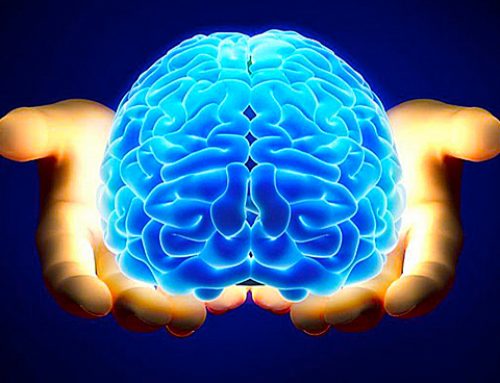Have already for some years now that we talk and we study the immense world of the microbiota, an important regulator of homeostasis of the body, including intestinal and extra-intestinal effects, even you compare it to an immense body of him with all his independent features; it is also considered a “second brain”, but the most interesting discovery in recent months, carried out by the University of Toronto, Canada, is its close relationship with the skeletal system.
For several years he was associated with the beneficial relationship between the osteoporotic disease and microbiota, but this study focuses on the effect of the influence of the intestinal microbial communities and molecules that synthesize and regulate bone health. While research in this area is limited, the results of preclinical studies claim that the intestinal microbiota has a positive impact on the parameters of bone mineral density and strength. Moreover, the administration of probiotics in preclinical models have demonstrated greater bone mineralization and increased bone strength in treated patients. The kind of preferential bacteria that has shown these beneficial effects on bone is Lactobacillus and then lactobacilli are among the best candidates for future clinical intervention studies. However, their effectiveness depends on the stage of growth, in fact, usually it is the first few years of life that are an important opportunity to determine bone health, especially through the modulation of the microbiota. Also, the difference of sex specific influences the efficacy of probiotics.
Although auspicious, many questions about the microbiota-axis bones require consideration of potential mechanisms; specific effectiveness in relation to sex; the effective dose of probiotics; and the timing and the duration of treatment.
But we can definitely say that this study opens up another interesting port on the universe of the intestinal microbiota.





